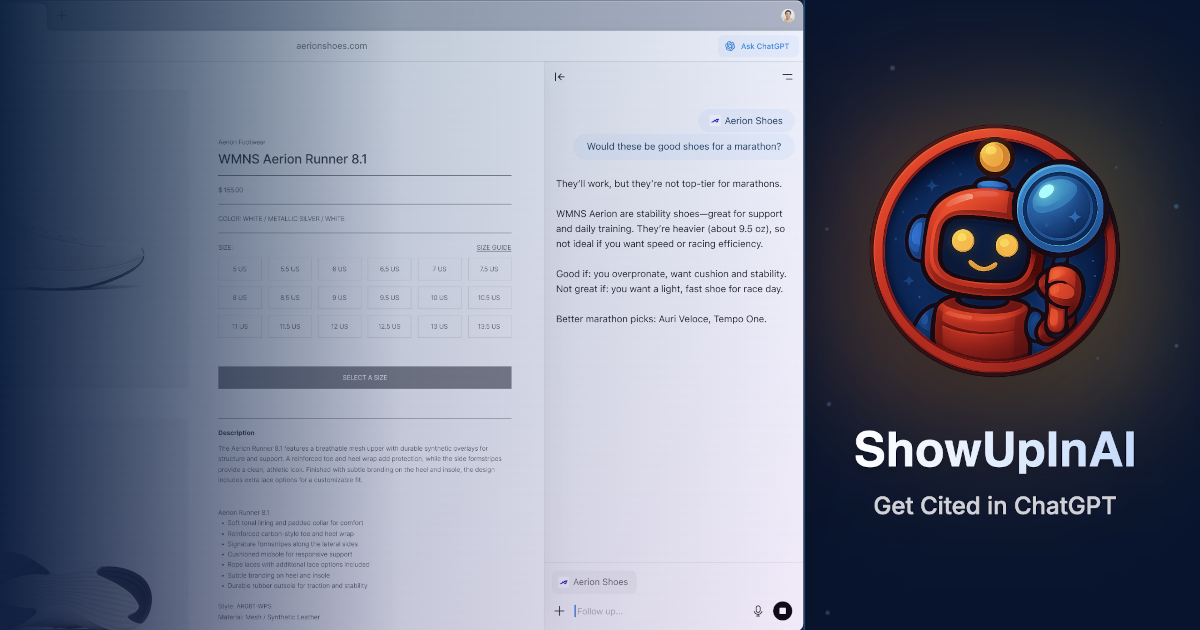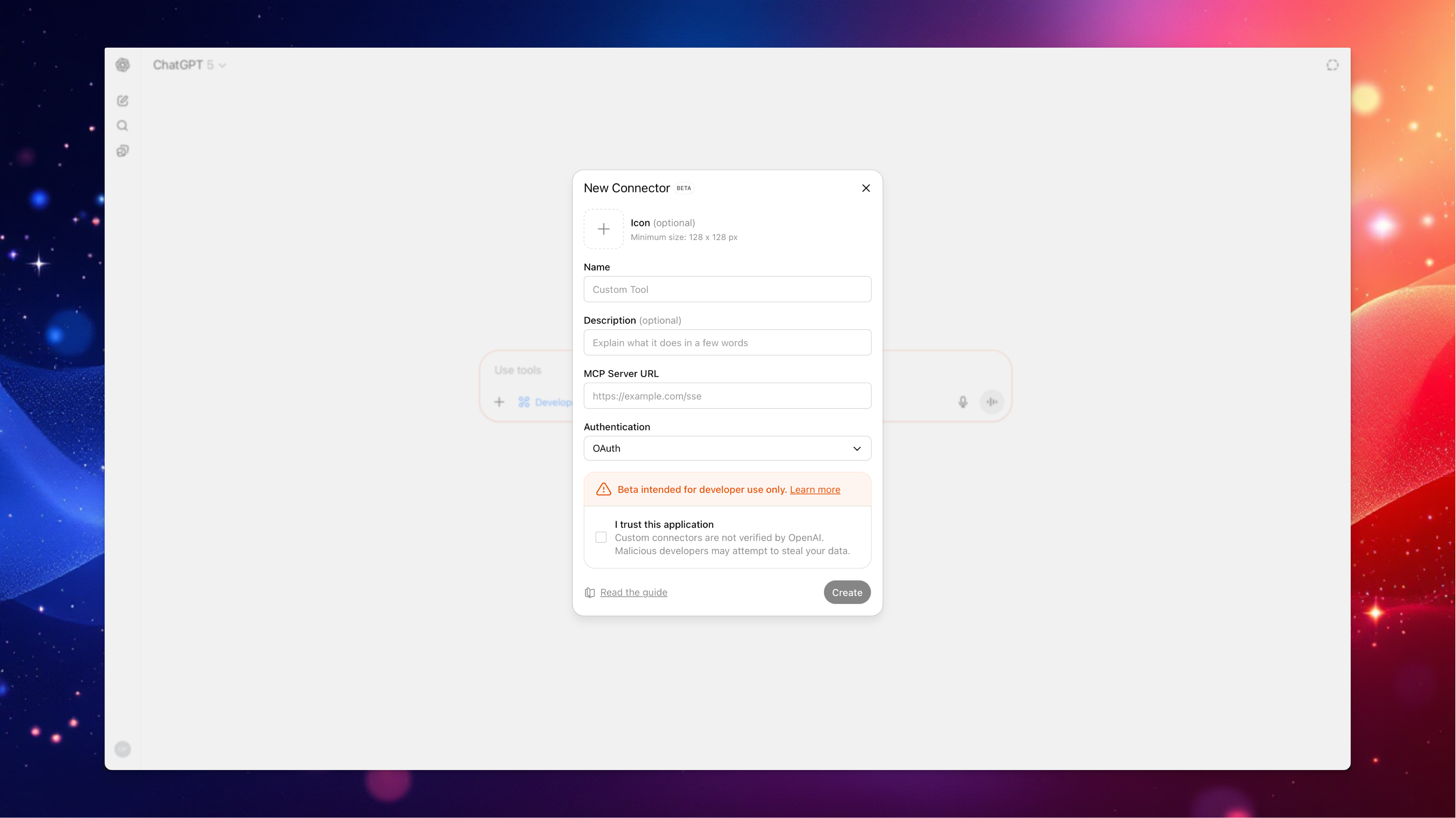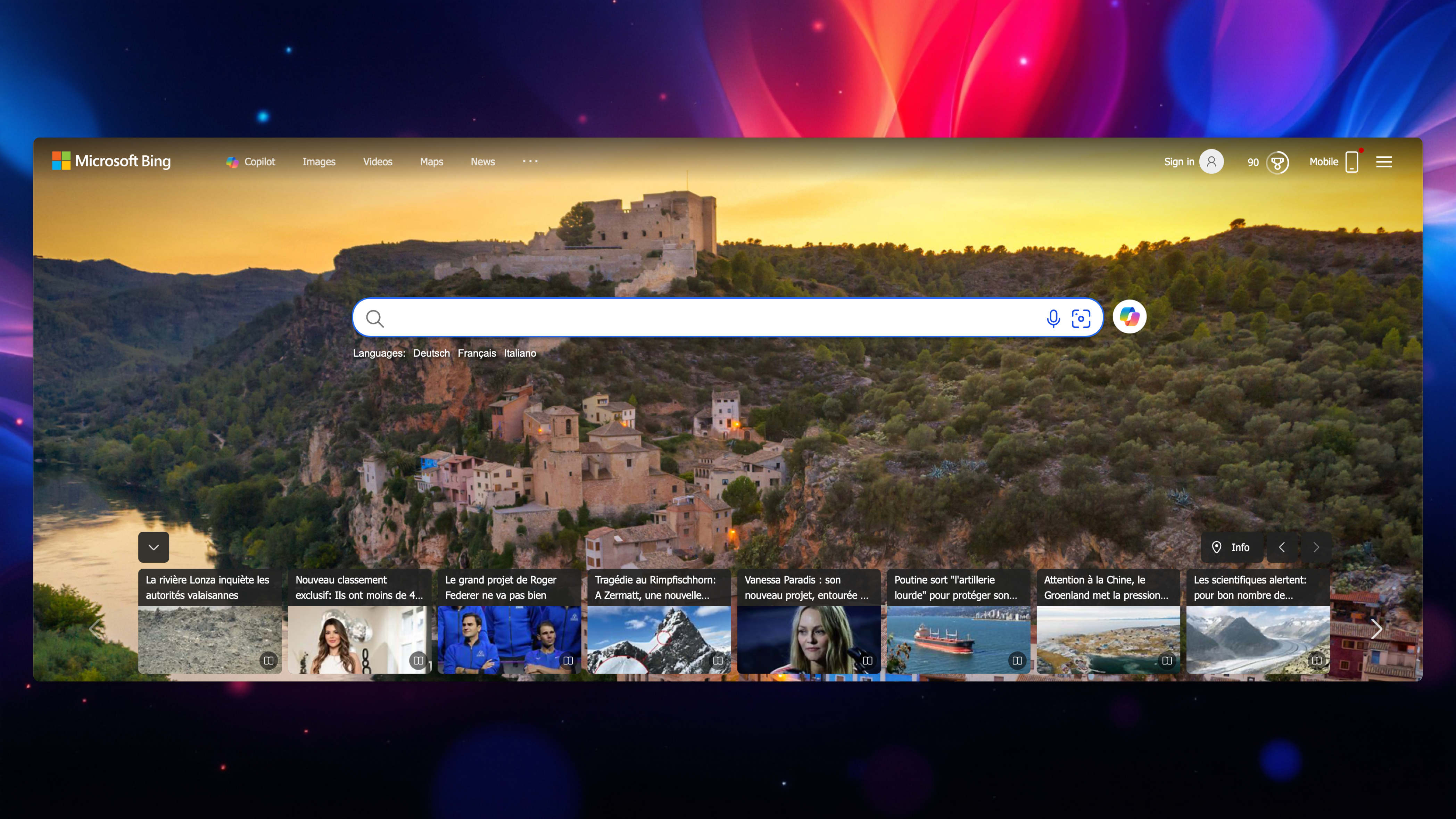OpenAI Atlas Browser: What It Means for AI SEO 2025
OpenAI released Atlas, a ChatGPT-powered browser with AI assistant sidebar. Here's how it changes GEO/AI SEO strategy and why fast indexing matters.

Today, October 21, 2025, OpenAI announced ChatGPT Atlas, a new AI-powered web browser that places ChatGPT inside your browsing flow. Atlas launches first on macOS, with Windows, iOS, and Android "coming soon." (Reuters)
What launched today?
Atlas for macOS is available now. The built-in ChatGPT sidebar ships at launch. "Agent Mode"—which lets ChatGPT take actions on websites—is in preview/testing for paid tiers and will expand over time.
What Makes Atlas Different
ChatGPT sidebar (context-aware). On any page, you can summarize content, compare products, and extract insights without copy-pasting. This is built into Atlas' UI. (Reuters)
Agent Mode (early preview). For Plus/Pro/Business users, Atlas is testing an autonomous mode where ChatGPT can execute multi-step tasks (e.g., planning a trip, filling forms, navigating flows). It's powerful, but still early. (The Guardian)
Privacy & memory controls. OpenAI highlights opt-outs for training, granular "browser memories," and standard controls (history, incognito). Users can decide what Atlas remembers. (The Guardian)
Will Atlas Challenge Chrome?
Chrome's dominance is real—but Atlas competes on intelligence and integration rather than just speed. It enters a crowded field that includes AI-enhanced Chrome/Edge, Perplexity's Comet, and others. (Reuters)
Even modest Atlas adoption means more people discovering content via AI-first interfaces instead of traditional result pages. That changes how your pages get found and cited.
What This Means for GEO / AI SEO
When users ask Atlas/ChatGPT for “best tools for remote teams,” they often see synthesized answers with citations—not just a list of blue links. To be part of that synthesis, your content must be:
- Authoritative (trusted domain + high-quality signals)
- Comprehensive (answers the full intent)
- Structured (schema helps AI parse)
- Fresh (recently updated)
- Rapidly discoverable (search engines must know about it fast)
These factors map to how AI systems pick sources today. (The Verge)
A Note on Search Providers in Atlas
Historically, ChatGPT's browsing leaned on Bing; however, today's Atlas previews suggest a mixed or evolving setup—with some reports indicating Google results powering certain built-in search flows. Treat this as fluid while coverage settles. Either way, multiple providers feed AI answers, and Bing remains critical across ChatGPT (web answers), Microsoft Copilot, and much of the AI ecosystem. (The Verge)
Indexing Speed Just Became Urgent
A typical Atlas query flow:
- Atlas/ChatGPT fetches results from its connected search providers.
- It synthesizes answers and cites sources.
- If your page isn't indexed quickly, it can't be used—no matter how good it is. (The Verge)
Why IndexNow Still Matters
IndexNow instantly notifies compatible engines (notably Bing) about new/changed URLs, shrinking the gap between "publish" and "AI can find it." This is pivotal when AI answers depend on fresh, crawlable sources. (The Verge)
ShowUpInAI crawls your site daily, detects changes, and auto-submits updated URLs via IndexNow—so your content is eligible for AI citations sooner, without manual ops.
Preparing for Agent-Mediated Browsing
As Agent Mode matures, AI will read, compare, and act across sites. To qualify as an input to those decisions, ensure your content is:
- Indexed quickly
- Credible and well-cited
- Structured with schema
- Kept up-to-date
Atlas' agent features are rolling out in preview now. Expect reliability to improve, but plan for the shift today. (The Guardian)
Practical To-Dos (Right Now)
1) Measure your Bing indexing speed. Publish a page, then check Bing for exact-match phrases over the next hours/days. Log the delay. (This is your baseline.) (The Verge)
2) Add/validate structured data. Article, Product, FAQ, and HowTo schemas help machines extract facts.
3) Cover topics comprehensively. Thin content rarely gets chosen for synthesis.
4) Don't optimize just for Google. AI assistants and Copilot lean heavily on Bing; Perplexity and others blend sources; Atlas may vary by feature. Diversify your AI visibility strategy. (The Verge)
5) Track AI citations. Monitor appearances in ChatGPT (with search), Copilot, Perplexity, and Google's AI Overviews. Treat AI mentions as a leading indicator of future traffic. (The Verge)
Reality Check
Manually managing IndexNow keys, submissions, retries, and monitoring—especially across multiple domains—is error-prone. Automation prevents silent failures and keeps content eligible for AI responses.
Bottom Line
Atlas signals a mainstream shift to AI-mediated browsing: more synthesized answers, more agent activity, and fewer manual clicks. Success now depends on being rapidly discoverable and machine-readable, wherever AI looks for sources.
Use ShowUpInAI to automate daily crawls and IndexNow submissions across your domains—so Atlas, Copilot, Perplexity, and others can find your updates fast.
Start Your Free Trial

